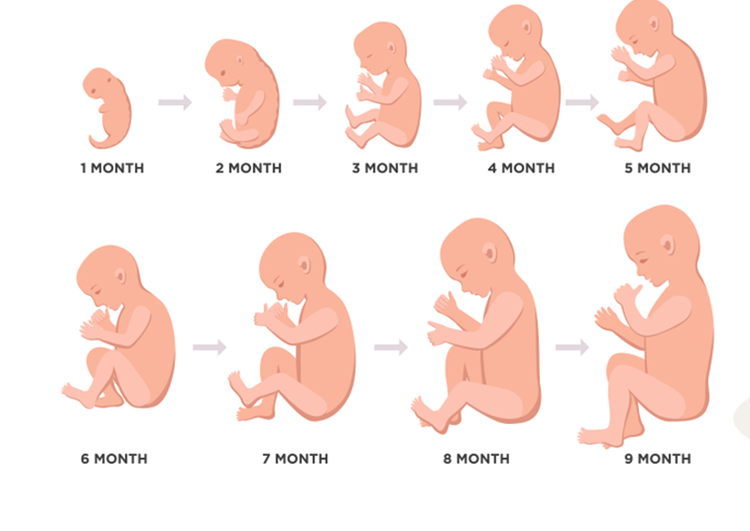How big is a fetus at 4 months
Baby Development & Size, Body Changes, Symptoms
You are in the 16th week of your pregnancy and in 24 more weeks, your little bundle of joy will be there in your arms. Isn’t is exciting?
Your baby is growing inside you, so the sign of pregnancy is now more visible to everyone. Try to eat healthy foods, as often as you feel hungry. But do not eat for two, your baby will get its nourishment from the food you consume. If you eat for two, you’ll put on more weight and it will be very difficult to lose those extra kilos after the birth to your child.
How big is the baby?
You are in your fourth month of pregnancy and the little one inside you is growing rapidly. Your baby is now around 11.6 cm long and weighs around 11 grams, which is about the size of a pear.
Development of the baby
Limbs
By the 16th week, all the limbs and joints of your fetus are fully formed. You would be thrilled to know that they might have even found their thumb and would have started sucking it, which is a common habit of many newborns.
Backbone
The backbone of your little one has now become stronger, they would be able to straighten their head and neck. Their nervous system is also connected to their muscles and they would have developed the ability to grip. Your little one can now even grab their umbilical cord and play with it. They can even yawn in the womb.
Skin
The skin of your fetus is still translucent and in the ultrasound, all you would be able to see is the blood vessels under their skin.
Hearing
You would be interested to know that now the baby can hear your voice. As per a few studies, babies who hear a song when they are in the womb are able to recognise the same tune when played after they are born. You can surely try this!
Pregnancy symptoms and what to do to relieve them?
Backache
Backache is one of the most common symptoms in pregnancy, which is due to the growing baby bump.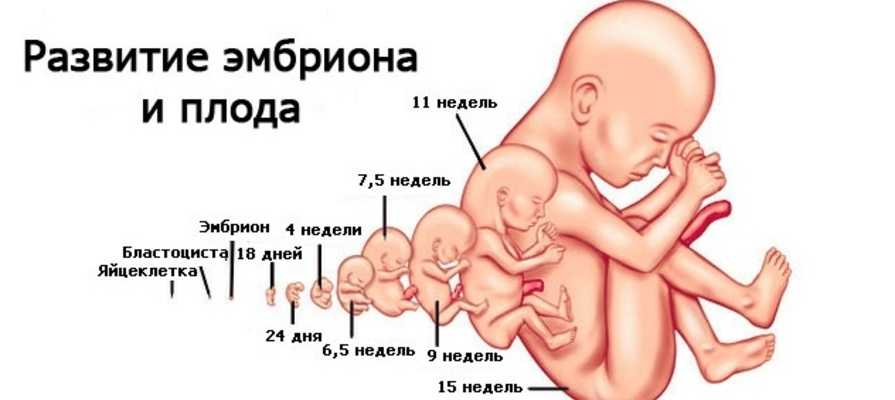 The backache will increase with time as your baby bump will grow in size.
The backache will increase with time as your baby bump will grow in size.
Sensitive and itchy eyes
Even though you might have never had this problem earlier, but during this time you may suffer from dry and itchy eyes.
Continuous breast growth
Your breast size may also grow during pregnancy. During this phase, it is very sensitive and tender. After giving birth, it would return back to its normal size.
Nasal congestion
Due to all the pregnancy hormones circulating in your body, which in increasing the blood flow, the mucous membranes of your nose may also start swelling. The stiffness may get worse as you move forward in your pregnancy journey. You can try nasal strips or place a humidifier in your room, which will help you during this phase.
Tips for you this week
You can start having manganese rich food such as almonds, pecans, beans and spinach during this time of your pregnancy.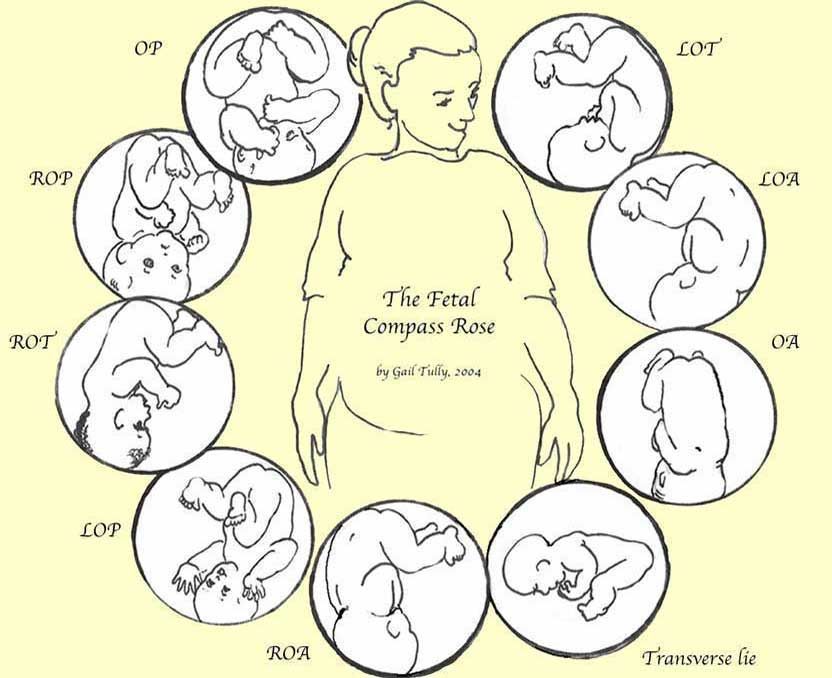
As you move forward in your pregnancy, the growing uterus can compress blood vessels, causing painful varicose veins. Do not stand in one position for a long time and lift your feet when you sit.
When should you see the doctor?
As the size of your womb is getting bigger, you might experience lower abdominal pain. This happens because of the stretching of your uterus. If the pain is severe and feels like cramps, visit your doctor immediately.
You might also experience pain in the hips and groin area. This could be pelvic girdle pain, which happens when the pregnancy hormone relaxin loosens the ligaments in your pelvis. If you are facing extreme pain while standing for a long time, talk to your doctor.
Read here: 17 weeks pregnant: Your baby is the size of an Avocado!
Symptoms, Belly, Baby’s Development, More
You’re officially 4 months pregnant? Welcome to the second trimester! This is the fabled sweet spot of pregnancy, when you can put all the yuckiness of the first trimester behind you and coast for a little while. (But not too long, because months 6 and 7 are coming, and they’re a bit more uncomfortable, to put it mildly.)
(But not too long, because months 6 and 7 are coming, and they’re a bit more uncomfortable, to put it mildly.)
Four months is usually reason to celebrate: You’re feeling better, people know you’re pregnant and are asking you a million exciting questions, and you may even be seeing the beginnings of a bona fide baby bump. What else can you expect at 4 months? We’ll clue you in.
You may be starting to actually feel pregnant — not just bloated and cranky — around 4 months. After all, your uterus is growing by the day and things are getting just the slightest bit cramped in your midsection.
Here are some other symptoms you might notice:
- heartburn and indigestion
- backache
- stretch marks
- spider or varicose veins
- shortness of breath
- nasal swelling and congestion
- irritated or bleeding gums
- constipation
- round ligament pain
Many of these symptoms, like vein changes and nasal congestion, are because you have so much extra blood pumping through your veins. Your body ramps up production around 4 months and continues at this pace until about 35 weeks.
Your body ramps up production around 4 months and continues at this pace until about 35 weeks.
Other symptoms — like heartburn, constipation, and shortness of breath — are because your growing uterus is shifting your other organs around. We would tell you it gets better, but … these things tend to persist until delivery. Sorry! (The joys of pregnancy, right?)
Most people have started gaining some actual pregnancy weight at this point. You’re not throwing up all the time and are probably having some intense food cravings, so this is normal.
The amount of weight you’ll gain is totally individual. If you have concerns about whether you’re gaining too much or too little, run the numbers by your doctor — they know your medical history and your body size, so they should be able to give you a ballpark number for healthy weight gain in the second trimester of pregnancy.
Regardless of how much weight you have or haven’t gained, your baby belly is likely making an appearance. If this is your first pregnancy, it may still be super small or even non-existent (that’s normal, too!). But if this isn’t your first rodeo, you’re probably well-acquainted with your bump by now as it likely made an early showing.
If this is your first pregnancy, it may still be super small or even non-existent (that’s normal, too!). But if this isn’t your first rodeo, you’re probably well-acquainted with your bump by now as it likely made an early showing.
Hello, little avocado! At 4 months, your baby is between 4 and 5 inches long and may weigh up to 4 or 5 ounces. They don’t have as much fat as an avocado, though — they’re still pretty scrawny, and their skin is mostly translucent.
They may have some hair growing, their reproductive organs are developing quickly (if you wanted to find out your baby’s sex, you probably already know it!), and they’re gaining some muscle strength, too.
Most importantly, their eyes and ears have been developing, and baby can now hear you from inside the womb! You can start talking and singing to your little one so they get to know your voice. It’s also a great way to bond with your baby.
Depending on where your placenta is located, how your baby is positioned in your uterus, and how much body fat you have, you may or may not have started feeling your baby moving around in there.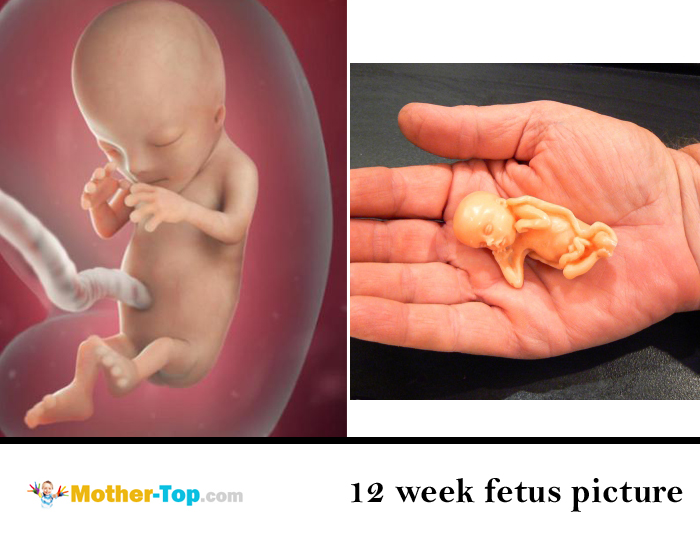 It’s normal if you’ve been noticing tiny kicks and flutters, but also fine if you haven’t felt much of anything yet.
It’s normal if you’ve been noticing tiny kicks and flutters, but also fine if you haven’t felt much of anything yet.
It’s also possible that you may notice some movement one day and then not feel much again for a little while. Again, baby is small enough to be nestling into different parts of your uterus where you may not sense much movement.
You don’t need to start officially counting kicks and keeping track of your baby’s movements until about 28 weeks, so at this point you shouldn’t worry if you’re not noticing any consistent pattern to baby’s bouncing.
Also? Appreciate those sweet little barely-there bumps and nudges. The muscles your baby is working hard to build are going to give them one heck of a right hook pretty soon, and your bladder will be baby’s prime target.
At 4 months pregnant with twins, you — and your babies — are actually very much aligned with a singleton pregnancy. Your twins are also avocado-sized, they’re developing along the same growth curve, and you may or may not be noticing your babies beginning to move around.
The only slight difference is that you may have gained more weight and your baby bump is probably pretty noticeable because there are two avocados in there, not one. (Hey, almost enough to make guacamole!) Otherwise, you’re not at a point yet where your twin pregnancy is going to distinguish you much from a singleton one.
You still have plenty of time to prepare for your baby’s arrival (and decorate the nursery … and take a childbirth class … and reject all of your partner’s name suggestions), but here are some things you can do at 4 months:
- Start building up your maternity wardrobe. The days of looping a hair elastic around the button on your pre-pregnancy jeans are numbered: You’ll have to give into the sweet, cozy embrace of a stretchy panel sooner or later, so you might as well look around for chic but comfortable pieces while you still have the energy.
- Settle on a birthing location. If you don’t know yet where you’ll be giving birth, this is a good time to commit.
 You want to make sure your insurance covers the location, that you’re comfortable with the staff there, and that you have enough time to schedule a tour before delivery.
You want to make sure your insurance covers the location, that you’re comfortable with the staff there, and that you have enough time to schedule a tour before delivery. - Enjoy healthy eats. Many women gain a lot of their pregnancy weight during the second trimester, because they don’t have morning sickness anymore but they’re not so cramped and swollen yet that they’ve lost their appetite. This is fine. You should eat about 300 extra calories per day during the second trimester! But there’s a healthy and a less-than-healthy way to gain pregnancy weight. Choose foods that are:
- rich in fiber, whole grains, vitamins, iron, and antioxidants
- full of healthy monounsaturated fats, like those found in nut butters and avocados (not the unhealthy kinds found in fast or fried foods)
- high in protein and calcium, for extra bone- and muscle-building power
- Stay hydrated. Your body’s working overtime and needs all the fluid it can get.
 It’s easy to become dehydrated during pregnancy, which can cause fatigue, headaches, and dizziness.
It’s easy to become dehydrated during pregnancy, which can cause fatigue, headaches, and dizziness.
Usually you’re feeling pretty good during the 4th month of pregnancy but, if you experience any of these symptoms, you should give your OB a call ASAP:
- any new spotting or a significant increase in spotting
- bleeding that soaks through a pad
- severe back or abdominal pain
- fever of 102 or higher
- pain with urination
- blurred vision or extreme dizziness
- watery vaginal discharge (as if your amniotic sac has broken)
- severe or persistent headache
- persistent vomiting or diarrhea
Having one of these symptoms may not be a sign that something is wrong with your pregnancy — you could have picked up a run of the mill virus, or simply be dehydrated. Still, your doctor will want to hear from you to rule out anything serious.
This is the time to sit back and soak up all the good stuff pregnancy has to offer: more energy, less nausea, tiny baby flutters, and dressing that cute little baby bump up in even cuter maternity clothes.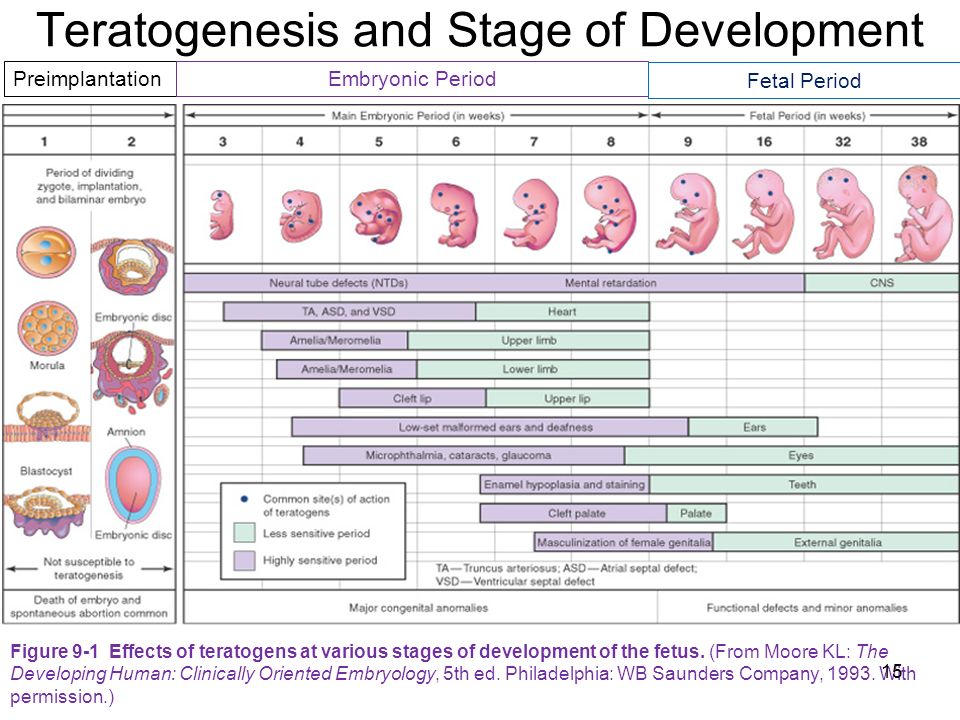
We’re not saying it’s all downhill from here, but when you’re struggling to bend over and put shoes on in a few months, you’re going to miss the 4-month milestone, we promise.
Fourth month of pregnancy
From the 13th week, the second trimester of pregnancy begins. It is believed that this is the most pleasant and safe period for mother and future baby. But even he requires certain rules to be observed...
With the increase in body weight and the growth of the tummy, the expectant mother may find that the underwear that she wore before no longer suits her. What you need to pay attention to, and how to choose new underwear? This is not such a simple process as it seems to many mothers...
4th month of pregnancy: the beginning of the second trimester
From the 13th week, the second trimester of pregnancy begins, which includes the 4th, 5th and 6th months of pregnancy. It is believed that this is the most pleasant and safe period for mom and baby. Nausea subsides, well-being improves, cheerfulness and activity appear. But even in this period there are worries and peculiarities.
- By the 13th week, my nausea and other discomfort disappeared. This is fine?
- This is normal, because by the 13th week, the level of progesterone, the main culprit of all discomfort, decreases. Nausea practically disappears, appetite improves.
Changes from the 13th week of pregnancy
- Tell me, what other changes can I expect in the 2nd trimester of pregnancy?
- From the 13th week, the uterus begins to actively increase.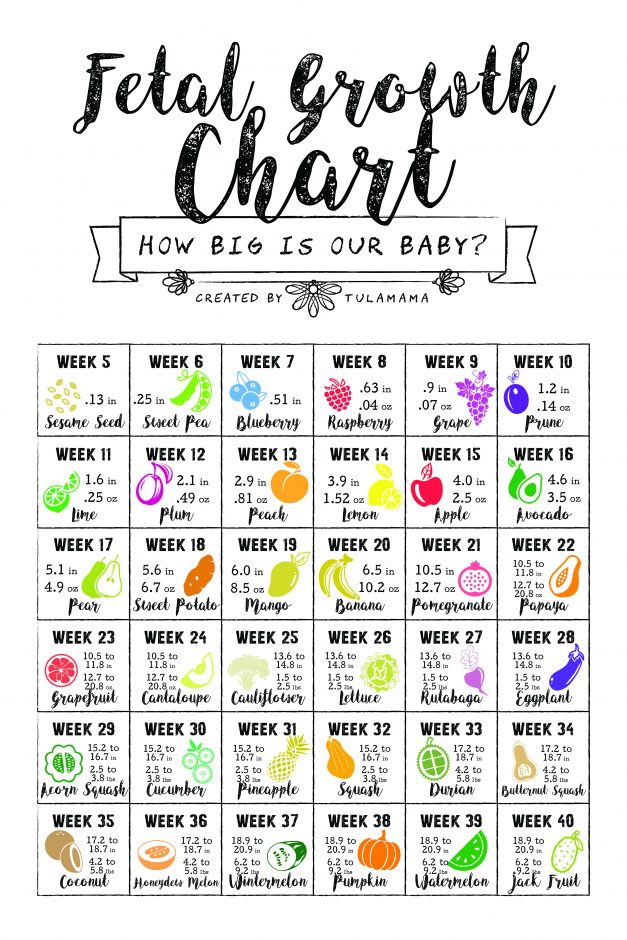 From the 14th week, you can feel it yourself. It has a rounded shape, its bottom is just below the womb. The uterus grows at the expense of the fetus and amniotic fluid. From the 16th week, the tummy in pregnant women is already noticeable, but so far it does not restrict movement.
From the 14th week, you can feel it yourself. It has a rounded shape, its bottom is just below the womb. The uterus grows at the expense of the fetus and amniotic fluid. From the 16th week, the tummy in pregnant women is already noticeable, but so far it does not restrict movement.
Tests and examinations in the 4th month of pregnancy
- What other tests and examinations do I need to undergo in the 4th month of pregnancy?
- Complete urinalysis, a clinical blood test that will allow you to see the risk of anemia, exclude inflammatory disorders, disorders in the endocrine system. And the most important study is perinatal screening in the second trimester of pregnancy - a triple or quadruple test.
- Why is it called triple or quadruple? Why is this test needed?
- Prenatal screening helps to detect fetal chromosomal pathologies, in particular, Down's syndrome and eliminate the risk of pregnancy gestosis.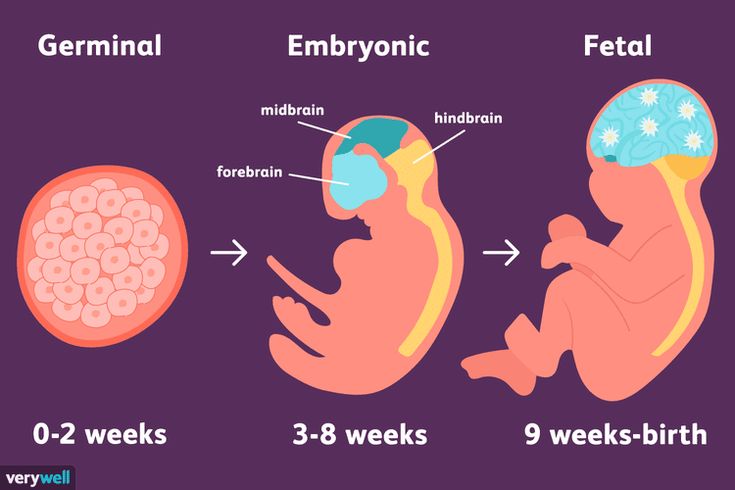 Perinatal screening is a combination of ultrasound findings at week 12 and blood tests in the first and second trimesters. In the first trimester, blood is donated for hCG and PAPP-A. In the second - b-hCG, AFP and free estriol ("triple test"), as an option, there is also a fourth indicator - inhibin A.
Perinatal screening is a combination of ultrasound findings at week 12 and blood tests in the first and second trimesters. In the first trimester, blood is donated for hCG and PAPP-A. In the second - b-hCG, AFP and free estriol ("triple test"), as an option, there is also a fourth indicator - inhibin A.
- I have a negative Rh factor. In the first trimester, I already donated blood for antibodies, when do I need to repeat the analysis?
- This test should be done every fourth week. If the result is negative, then on the 28th week, antiviral immunoglobulin is administered - prevention of the Rh conflict. The second dose of the drug is administered after childbirth.
Measurement of the pelvis, narrow pelvis during pregnancy
- Does the size of the pelvis matter for childbirth?
- Of course, the size of the pelvis is of great importance. The pelvis is measured with a special instrument - a pelvis.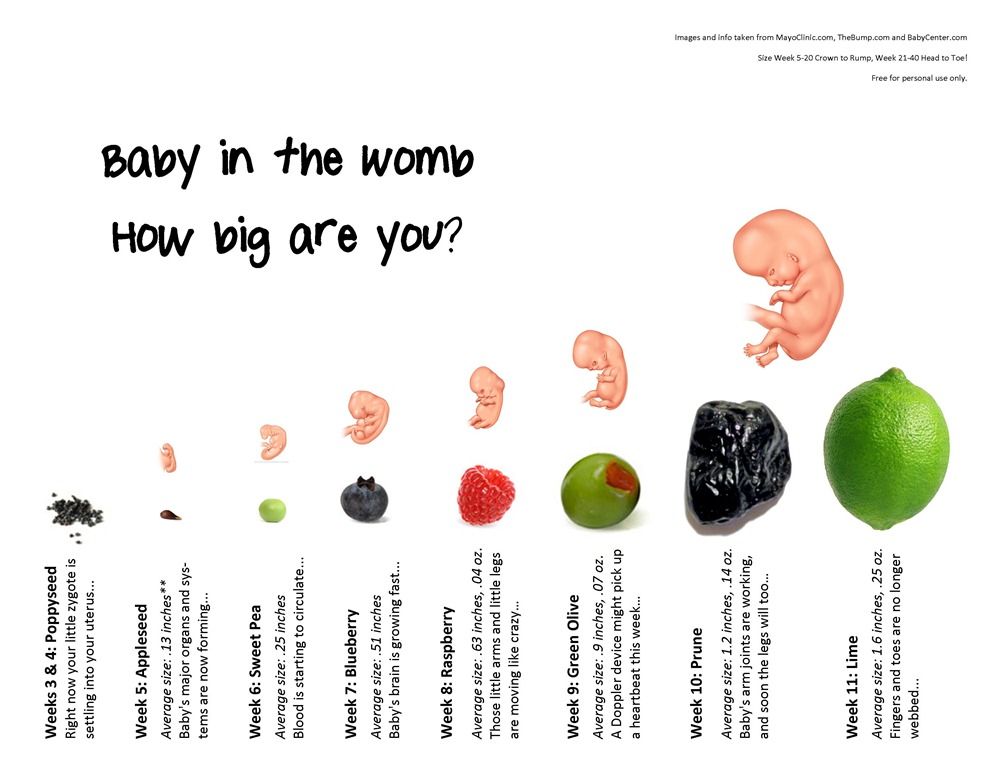 The distance between the most distant points is measured. If the pelvis is very narrow, then it is called anatomically narrow, and childbirth is possible only with the help of a caesarean section. Also, the pelvis is measured on an already mature pregnancy or during childbirth. If a discrepancy between the fetus and the size of the pelvis is detected, then the diagnosis is made: “clinically narrow pelvis”, and the birth is also completed promptly, with the help of a caesarean section.
The distance between the most distant points is measured. If the pelvis is very narrow, then it is called anatomically narrow, and childbirth is possible only with the help of a caesarean section. Also, the pelvis is measured on an already mature pregnancy or during childbirth. If a discrepancy between the fetus and the size of the pelvis is detected, then the diagnosis is made: “clinically narrow pelvis”, and the birth is also completed promptly, with the help of a caesarean section.
Infections during pregnancy
- If a genital infection is detected on smears, when should it be treated?
- Immunity decreases during pregnancy, which increases the risk of sexual infections. Usually smears are given for PCR diagnosis of genital infections - this allows you to identify the presence of a sexual infection. Additional tests are a bacterial culture from the vagina and a culture to identify the causative agents of a particular infection. If any infection is detected, then in the second trimester, somewhere in the 20th week, a full course of therapeutic treatment can be carried out.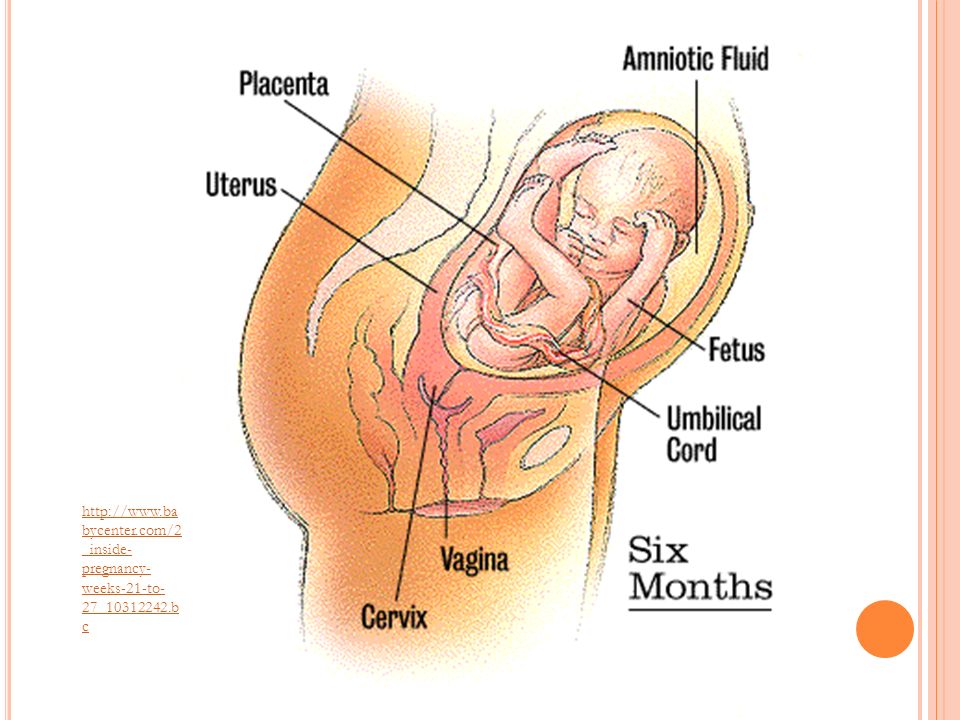 Antibacterial drugs are used, including antibiotics, vitamins, immunomodulators.
Antibacterial drugs are used, including antibiotics, vitamins, immunomodulators.
- What threatens an untreated infection, how can it harm my baby?
- Untreated infections can cause colpitis, inflammation of the uterus, and cervix. And provoke an abortion at any time. Damage to the internal organs of the fetus can also occur: liver, lungs, brain.
Thrush during pregnancy
- What is thrush during pregnancy, what are its symptoms?
- Thrush is caused by the yeast-like fungus Candida. The manifestation of the disease depends on the form of the course. In the acute form: itching, burning in the vagina, swelling, redness of the mucous membranes of the genital organs and abundant curd discharge. In the subacute form, these symptoms may be mild and not particularly disturbing. In carriers of thrush, signs of thrush are detected only with the help of tests.
- Is the treatment of thrush different during pregnancy?
- Treatment is divided into 2 groups: systemic and local preparations. Systemic: capsules, tablets - they are highly effective, but are contraindicated during pregnancy. During pregnancy, local methods of treatment are used: gels, creams, ointments, suppositories. After 20 weeks, the range of drugs allowed during pregnancy increases. This allows you to quickly cope with the disease.
Systemic: capsules, tablets - they are highly effective, but are contraindicated during pregnancy. During pregnancy, local methods of treatment are used: gels, creams, ointments, suppositories. After 20 weeks, the range of drugs allowed during pregnancy increases. This allows you to quickly cope with the disease.
4th month of pregnancy
- How does the baby develop?
- At the 4th month of pregnancy, the organs continue to develop, the brain system becomes more complex, the kidneys and the endocrine system begin to work more actively. Bones grow more actively. By the end of the fourth month, the baby is already 15 cm long. And the weight is 180 grams.
- What can he do during this period?
- The baby is actively moving. He already carries out reflex movements, extension and flexion of the fingers. Begins to carry out mimic movements, sucks a finger.
- Is it true that at this age there are already rudiments of milk teeth?
- Yes, by the 13th week the fetus has the rudiments of milk teeth.
- And who will I have?
- You are having a boy. By the 16th week, the genitals are already formed. The fetus has grown, and we can already accurately determine its gender.
- With weight gain and belly growth, the expectant mother may find that the underwear she used to wear no longer suits her. “Tell me, please, is it time for me to buy new underwear?”
- Yes, it's time. Many mothers in the 4th month of pregnancy feel discomfort from their usual clothing size: it presses, and pinches, and irritates the skin. Therefore, 4 months is the time when you need to choose the most comfortable underwear.
- What should I pay attention to? How to choose the right underwear?
- You should always pay attention to your needs. There are a lot of lingerie. Since the figures of expectant mothers are completely different and the demands are also different, then you need to approach the issue of choice, focusing only on yourself. First of all, pay attention to the naturalness of the fabrics. The fabric should be cotton or viscose, with the addition of elastane so that the fabric stretches well. Also, there should be no hard bones in the bra; there are special soft ones - they will not harm. The composition of the soft bones is unique: from the warmth of the body, they stretch and take the shape of the breast. Why should there be no bones? Because already from the first days, milk ducts form in the mother’s breast, and any clamping can harm the formation. Then there may be problems with lactation. Also, bras are seamless, made of micromodal material. This material is hygroscopic, air freely enters the body through this fabric. In such a bra it is very convenient to play sports, sleep. If you have very sensitive skin, then you can just walk in it every day. The only thing is that such a bra will not give much support to your breasts. The peculiarity of panties for pregnant women is that, firstly, the waist is lowered, so as not to press down on the stomach again, and secondly, the elastic band is weakened.
First of all, pay attention to the naturalness of the fabrics. The fabric should be cotton or viscose, with the addition of elastane so that the fabric stretches well. Also, there should be no hard bones in the bra; there are special soft ones - they will not harm. The composition of the soft bones is unique: from the warmth of the body, they stretch and take the shape of the breast. Why should there be no bones? Because already from the first days, milk ducts form in the mother’s breast, and any clamping can harm the formation. Then there may be problems with lactation. Also, bras are seamless, made of micromodal material. This material is hygroscopic, air freely enters the body through this fabric. In such a bra it is very convenient to play sports, sleep. If you have very sensitive skin, then you can just walk in it every day. The only thing is that such a bra will not give much support to your breasts. The peculiarity of panties for pregnant women is that, firstly, the waist is lowered, so as not to press down on the stomach again, and secondly, the elastic band is weakened. There is also a model with a high waist, this model is suitable for those mothers who have a tummy. Panties should be chosen according to the season: with a high waist it will be hot in summer. Also, according to the growth of your tummy, you select a model, and, of course, the one that you like best.
Dental care during pregnancy
- During pregnancy, mothers need to maintain their entire body and teeth are no exception.
- Why should you take care of your teeth during pregnancy? During this period, the hormonal background changes, which affects the condition of the teeth and gums of the expectant mother. Regular dental care is important for both the mother herself and the unborn baby. Any carious cavity, any inflamed gum can cause infection in the body. Many studies show that a disease such as periodontitis can cause premature birth or the birth of a child with low birth weight. Of course, you need to consult a dentist even during pregnancy planning: change old fillings, heal all new holes, and carry out a professional cleaning of the oral cavity. But usually women make an appointment with the dentist when they are already pregnant. It's not scary. Treating pregnant women's teeth is not only possible, but necessary.
Anesthesia during pregnancy
- Can expectant mothers be given anesthesia?
- Many modern anesthetics are based on artecaine, which is safe for the fetus. Vasoconstrictor substances are not used for anesthesia. Also, by 14-16 weeks, the placenta is finally formed, and through it, anesthesia cannot harm the baby. Therefore, do not endure pain at the dentist, but make high-quality correct anesthesia.
- At what stage of pregnancy is dental treatment and anesthesia safest?
- The fact is that pregnancy is conditionally divided into three parts. In the first trimester, the baby is laying future organs, in the second trimester - their formation, and in the third - their independent functioning. The most dangerous are the first and third trimesters, the safest is the second.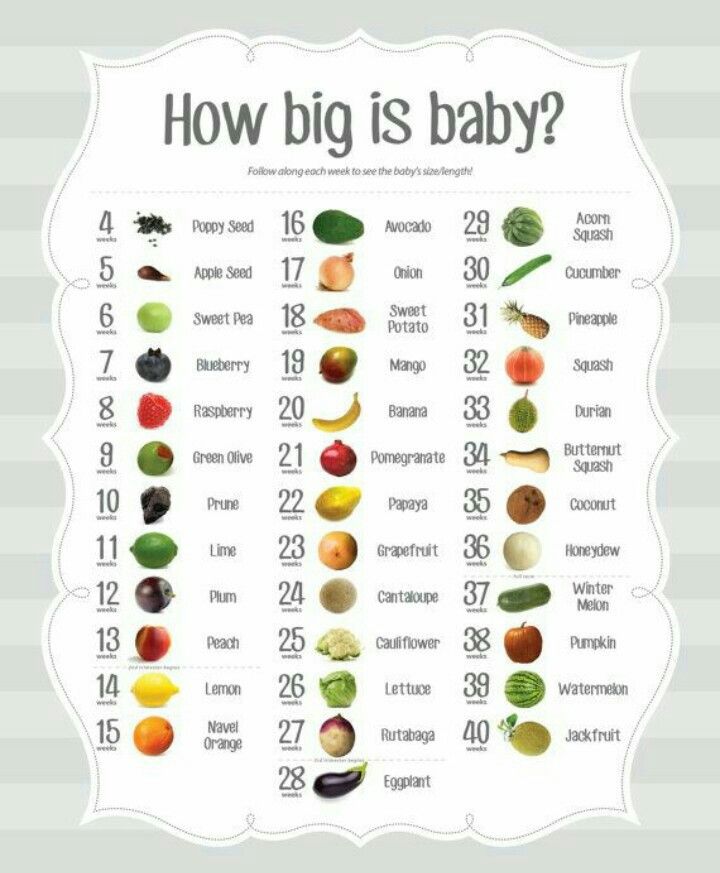
So, by the end of the 4th lunar month, the baby already looks like an orange. All the systems laid down in the first trimester continue to develop. The baby is already moving, but mommy still does not feel him, because he is still very small.
4th month of pregnancy { 13th - 16th week }
The fourth month is probably the most important in the whole pregnancy. After all, it is at this time that it is determined whether pregnancy is at risk for Down syndrome in the fetus, the formation of the brain and internal organs is completed. Often, with a lack of tocopherol in the mother's body, a miscarriage can occur, and with an excess, it can lead to serious violations in the development of the child.
This week kicks off the second trimester of pregnancy. Now your baby is the size of a plum. It continues to develop and grow.
13th week of pregnancy: development of the fetus
At the 13th week, all the organs that continue to develop are already laid down.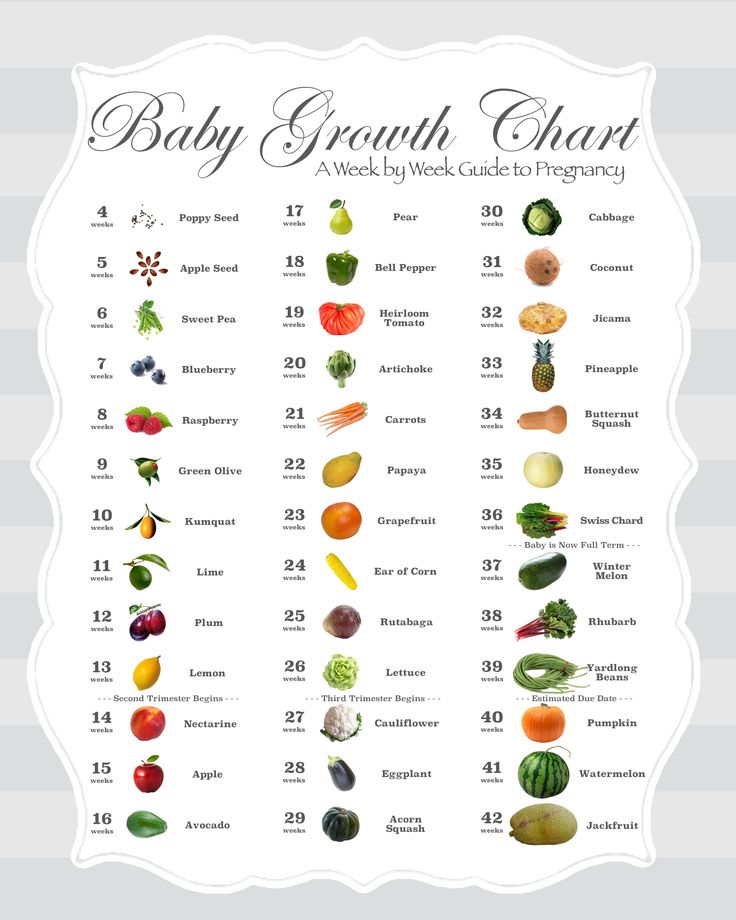 The gradual ossification of the skeleton and the formation of ribs begin. Around this week, the rudiments of teeth are laid, so it is very important to consume enough calcium.
The gradual ossification of the skeleton and the formation of ribs begin. Around this week, the rudiments of teeth are laid, so it is very important to consume enough calcium.
Due to the appearance of many blood vessels and the active work of the heart (from 140 to 170 beats per minute), the baby's skin has a reddish tint. An interesting fact: due to the development of the muscular system, the child's head changes the angle of inclination and now it is not so tightly pressed to the chest.
The digestive system becomes more complicated - the intestinal wall begins to become covered with villi so that after birth it can digest food. But while the intestines are only training, making wave-like movements.
It is often during the 13th week of pregnancy that an ultrasound scan already shows how the baby is sucking his thumb - the sucking reflex is actively developing so that the baby does not remain hungry after childbirth.
13th week of pregnancy: mother's well-being
Usually, toxicosis subsides from this week and the time of good health begins. Fears and mood swings gradually go away and a calm period begins.
Fears and mood swings gradually go away and a calm period begins.
The tummy becomes round and visible, especially if you are expecting twins. But voluminous or loose clothing still does not allow others to notice him.
An enlarged uterus presses on the intestines, which can cause constipation, bloating, and less often heartburn and shortness of breath. Sprains and weight gain cause heaviness in the legs and increased fatigue in the lower extremities.
Sometimes there may be mild aching pain in the lower abdomen and lower back, frequent urination. This is fine. But strong and pronounced pain, spotting should be the reason for an urgent visit to the doctor.
13th week of pregnancy: what to ask the doctor for a consultation?
If nothing really bothers you, at a scheduled consultation you can discuss the right weight gain: so as not to gain too much and not to make your condition worse.
Also, if you have pain in the pelvis and lower back, it will not be superfluous to consult about the cause of these pains.
If you have a runny nose or nosebleeds, you should discuss this with your doctor, although this condition may be normal.
Also, a number of women at 13 weeks of pregnancy should take protected aspirin to prevent such a dangerous pregnancy complication as eclampsia. The decision to take the drug remains with the doctor.
At 14 weeks the fetus is about the size of a nectarine. The fetus weighs an average of 42.5 g, and the length from crown to tailbone reaches 8.9 cm.
14 weeks pregnant: how does the baby develop?
At the 14th week of pregnancy, the baby's almost formed face can take on various funny expressions: this is how facial muscles are formed and facial expressions appear. The neck is clearly visible, the body is lengthening.
The baby is actively growing and already the size of a peach: most likely large. At week 14, the child continues its active growth and formation, moves a little more and is no longer so chaotic.
Sweat glands and the respiratory system begin to form. The reproductive system continues to develop: in boys, a prostate appears, and in girls, the ovaries descend into the pelvic area, but it is rarely possible to discern the sex of the unborn child on ultrasound.
The reproductive system continues to develop: in boys, a prostate appears, and in girls, the ovaries descend into the pelvic area, but it is rarely possible to discern the sex of the unborn child on ultrasound.
14 weeks pregnant: Mom's physical and emotional changes
The tummy grows and rounds, pregnancy is more and more noticeable to others. Weight also increases: normally 2-3 kg. This is due to physiological changes - the growth of the uterus and the child, a large amount of fluid in the body.
Particularly impressionable and thin mothers notice movements in the stomach. However, these sensations are deceptive - the baby is not yet so big and strong that you can feel his tremors.
The second trimester is also called the "honeymoon of pregnancy" - this is the most pleasant and calm time emotionally. The body is “used” to pregnancy and has adapted to the constant changes. You feel a surge of energy, you have beautiful luxurious hair and chest. It can not but rejoice and cheer up!
But there is also bad news - some women develop a pigmented “mask” on their face, which they will have to get used to before giving birth.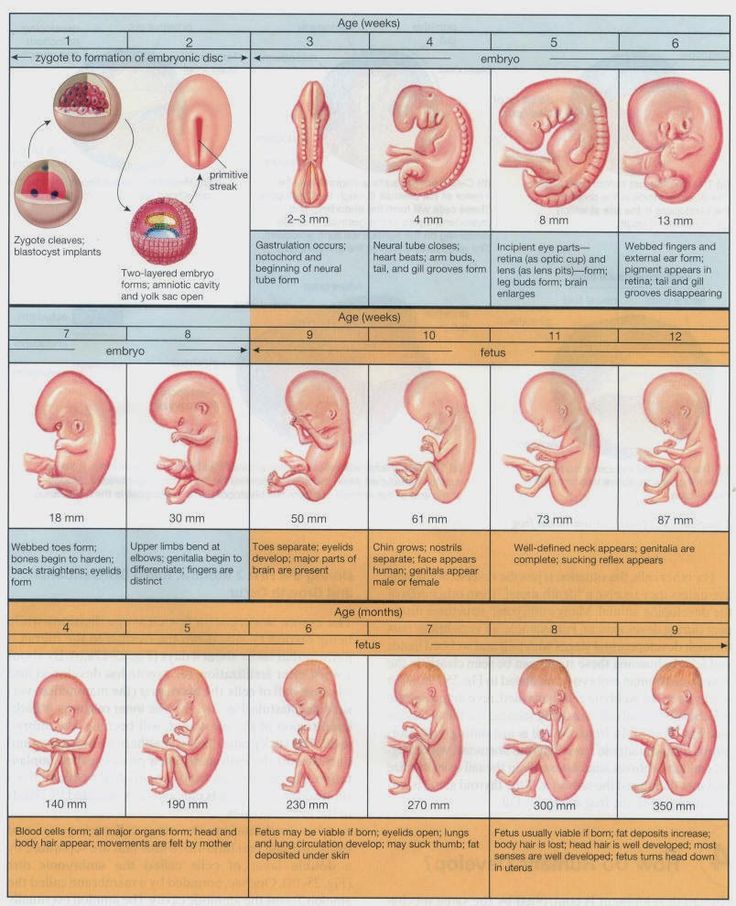 With a tendency to skin pigmentation, it is imperative to use sunscreen: this way you will protect yourself from permanent age spots on your face and body.
With a tendency to skin pigmentation, it is imperative to use sunscreen: this way you will protect yourself from permanent age spots on your face and body.
14th week of pregnancy: examinations and tests
In addition to genetic screenings, routine tests may be ordered if you have not done them by this time. General analysis of urine and blood, coagulogram, analysis for antibodies to rubella, toxoplasma, herpes, CMV, blood test for infections and ultrasound.
14th week of pregnancy: tips and tricks
At the 14th week of pregnancy, you can already think about courses for pregnant women, special exercises. Particular attention should be paid to special oils and creams for pregnant women against stretch marks on the abdomen - even if the growth of the abdomen is not too intense yet. Ahead of you is a significant stretching of the skin, take care of it in advance.
It is not recommended to change the diet abruptly and drastically. In the presence of constipation, it is recommended to drink more water, consume fiber.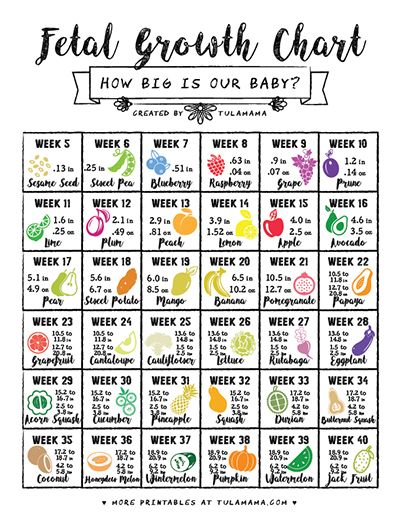 Week 14 - It's time to take care of comfortable low-speed shoes for the coming months.
Week 14 - It's time to take care of comfortable low-speed shoes for the coming months.
The unborn child at 15 weeks of gestation reaches 10 cm in length and weighs about 70 grams. Compared to a fruit, it's about a grapefruit.
15th week of pregnancy: the size and development of the fetus
This week it is already possible to determine the blood type and Rh factor of the baby. As for the rest, the brain, internal organs and systems continue to develop, becoming more and more complicated and improved.
15th week of pregnancy: what happens to mom?
Mommy, as in the previous week, feels good, and sometimes even increased appetite. Weight gain is faster: 200-300 grams per week. The belly at 15 weeks of gestation grows smoothly, but may still not be noticeable.
Intensive production of melanin continues - due to which age spots may appear on the face and body.
15th week of pregnancy: examinations
The fifteenth week of pregnancy is no exception: the doctor may order additional laboratory tests or other examinations.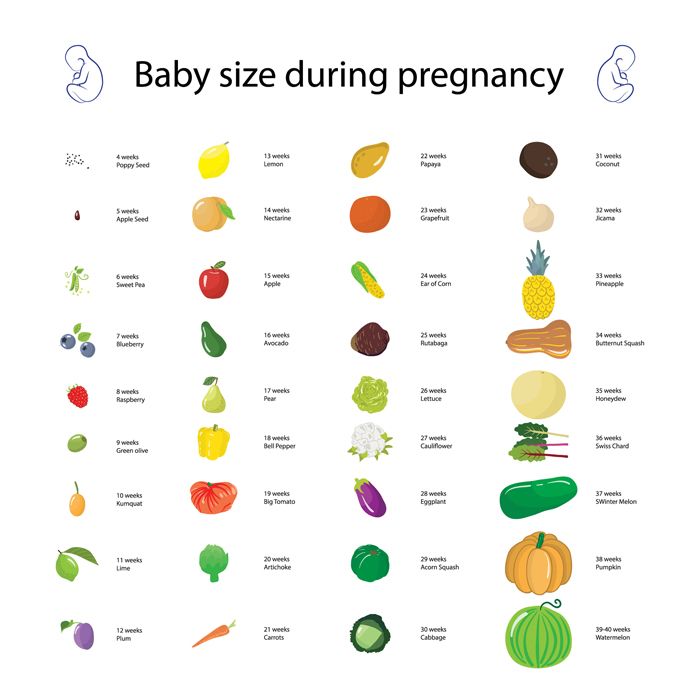 If the pregnancy is proceeding well, then additional examinations are not required.
If the pregnancy is proceeding well, then additional examinations are not required.
15th week of pregnancy: diet
During the 15th week of pregnancy there may be dangers of heartburn and constipation. In this case, you need to revise the diet and add more fiber, fresh vegetables and fruits.
Do not forget about fermented milk products, which are now urgently needed. Also, do not forget about vitamins and minerals for pregnant women, which were recommended by the doctor.
15th week of pregnancy: physical activity
Physical activity will help to cope with constipation and lower back pain. Now is a great time to start practicing yoga for pregnant women, a continuation of other activities that are familiar to you.
Do not forget to take daily walks in the fresh air for half an hour to an hour.
Fetal size At 16 weeks gestation, approximately the size of an apple.
16th week of pregnancy: the development of your baby
A child at 16 weeks of gestation has a formed genitourinary system - the kidneys are actively working, removing amniotic fluid from the baby's body.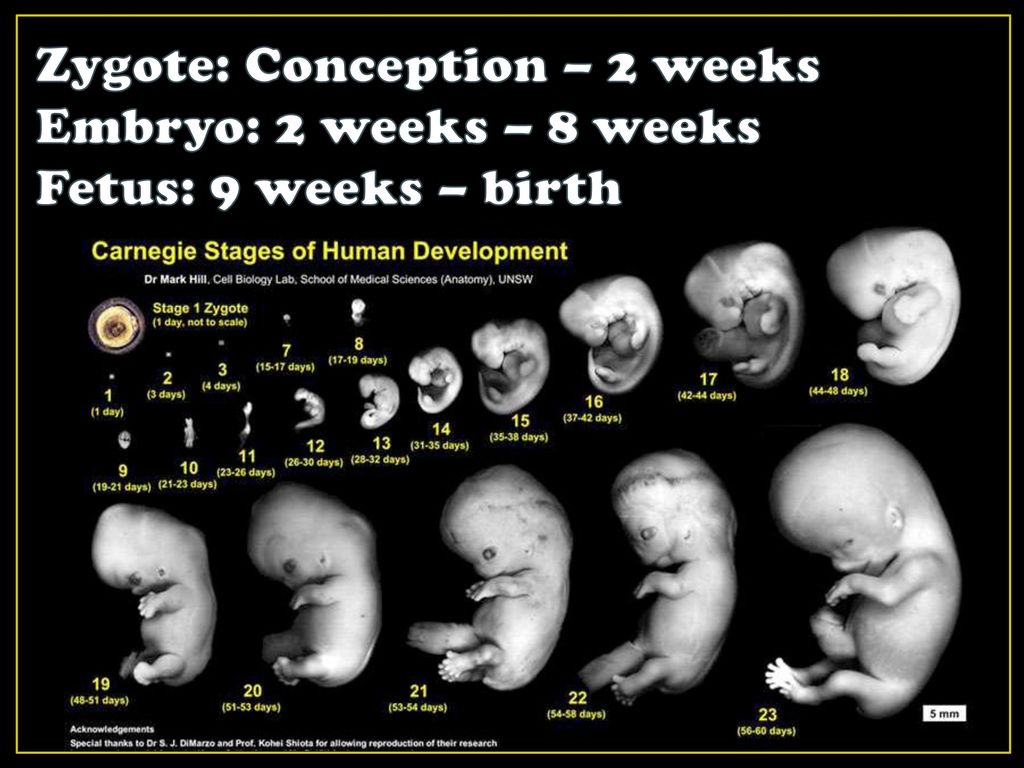 Which the baby swallows daily up to 500 grams.
Which the baby swallows daily up to 500 grams.
The joints and skeletal system are fully developed, but the bones will thicken and grow until the age of 18.
If you have an ultrasound this week, the modern equipment allows you to see the gender of your baby.
16 weeks pregnant: a change in the woman's body
At 16 weeks pregnant, sleep problems may begin due to the growth of the tummy. After all, if you used to sleep on your stomach, now it is difficult to realize it, because it grows and already interferes with sleep as before.
The ideal sleeping position for the coming months is to sleep on your side. Sleeping on your back is not recommended due to squeezing of the veins.
This week is characterized by profuse vaginal discharge. If your discharge has a characteristic bad odor or is uncomfortable, see your doctor. The doctor will collect the necessary smears and give recommendations based on the results.
16th week of pregnancy: symptoms and signs of pregnancy
This week you may be able to find out what beautiful and glowing skin is. Due to increased blood volume, activity of the sebaceous glands and hormones, the skin turns pink and looks hydrated and glows from within.
Due to increased blood volume, activity of the sebaceous glands and hormones, the skin turns pink and looks hydrated and glows from within.
But increased blood volume can also lead to nosebleeds, dizziness and swelling.
It is important during this period to carefully monitor your condition and consult a doctor in case of the slightest situations and conditions that cause fear or doubts in the norm.
16 weeks pregnant: tips and tricks
You may need to change your bra, look at your maternity clothes, change your shoes.
Some women will have to meet a phlebologist. At this time, varicose veins may begin. It is best to start treatment early.
Ultrasound at 16 weeks of gestation is usually not done unless there is a doctor's indication or other factors.
In general, the 4th month of pregnancy is characterized by an increase in the abdomen, more active weight gain and discomfort in the lumbar region, discomfort in the legs. However, this has little effect on the overall state of serene happiness and joy from pregnancy.